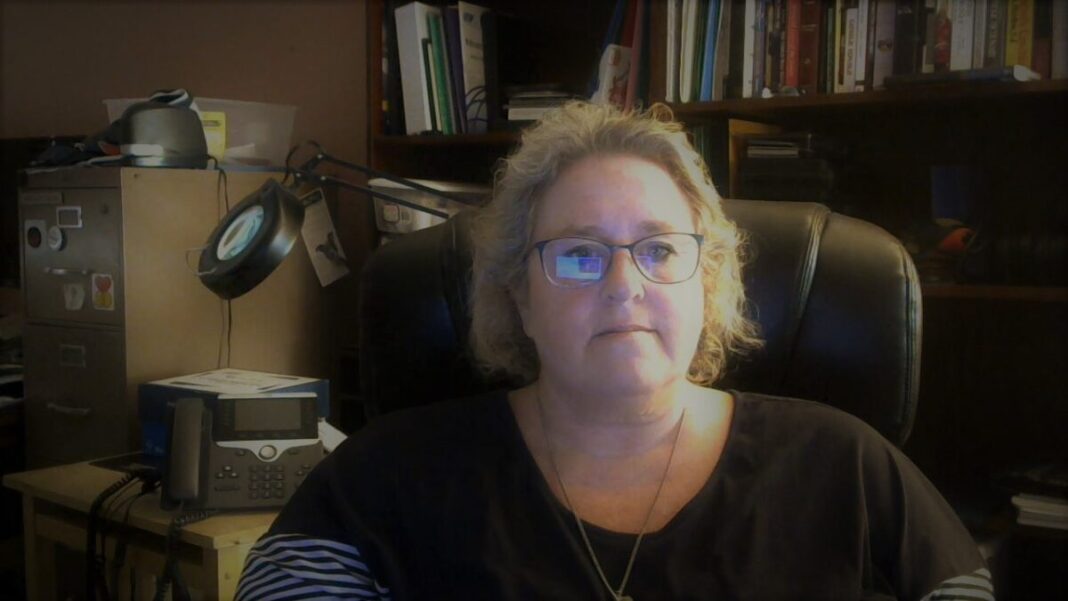Former Attorney General Loretta Lynch obtained evidence that a computer contractor working under the direction of Hillary Clinton’s legal team destroyed subpoenaed records that the former secretary of state stored on a private email server she originally kept at her New York home, and then lied to investigators about it. Yet no charges were brought against Clinton, her lawyers, or her paid consultant.
The leniency accorded to Clinton contrasts with recent moves by Attorney General Merrick Garland to aggressively investigate former President Trump and his lawyers for allegedly obstructing investigators’ efforts to locate subpoenaed records at his Florida home. Legal experts say the apparent double standard may provide a useful defense for Trump and his legal team.
The treatment of Clinton included a deal with her defense team that required the FBI to, in effect, obstruct its own investigation. During its 2016 probe, the bureau agreed with her lawyers’ demands to destroy two laptop hard drives containing subpoenaed evidence immediately after searching for files on them. They did so while the information was still being sought by congressional investigators and even though the lawyers had served under Clinton at the State Department and were subjects of the FBI’s investigation. In fact, the laptops were theirs.
Long before it bowed to the request, the FBI suspected Clinton’s lawyers played hide-and-seek with evidence, making the concession that much more baffling.
The scandal first erupted on March 2, 2015, when news broke that Clinton had secretly set up a non-government email server in the basement of her Chappaqua, N.Y., mansion in the weeks before she started her job at Foggy Bottom in early 2009. She used the unauthorized and unsecured device to conduct official State Department business—including transmitting and storing classified information—which allowed her to bypass legally mandated archiving of her government records.
The next day, the House Select Committee on Benghazi sent her attorney David Kendall a letter advising his client to preserve all electronic records created since January 2009 and specifically not to delete any emails on her private server. The panel then issued a subpoena for records related to the deadly terrorist attack on the U.S. consulate in Libya.
By Paul Sperry







